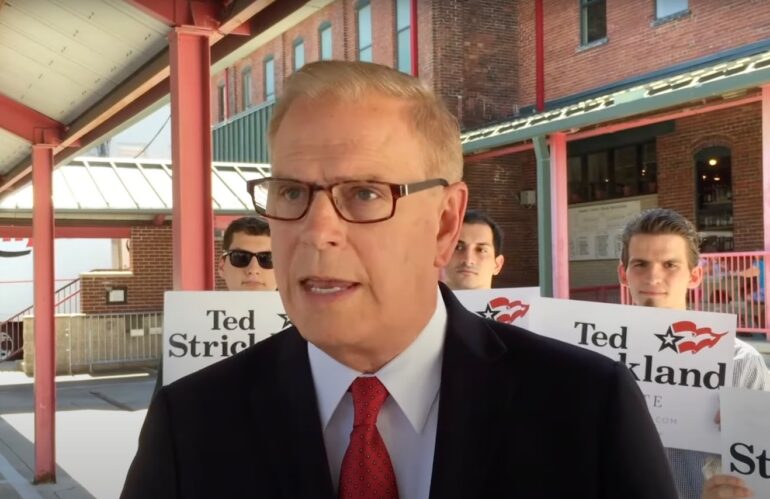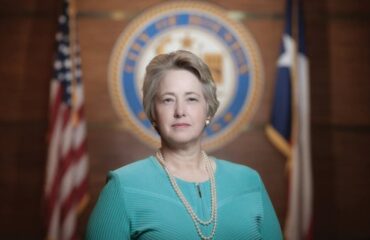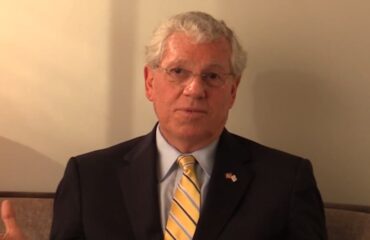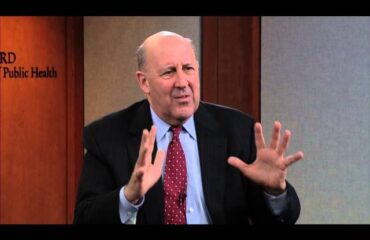Governor Ted Strickland has been a prominent figure in American politics, serving as the 68th Governor of Ohio and representing Ohio’s 6th Congressional District in the U.S. House of Representatives. His contributions to public service, coupled with his background and achievements, have made him a respected leader in the political arena.
Early Life and Education
Governor Ted Strickland was born on August 4, 1941, in Lucasville, Ohio. Growing up in rural poverty, he experienced firsthand the challenges faced by working-class families. Despite these obstacles, Strickland’s upbringing instilled in him a deep sense of empathy and a commitment to social justice. His early experiences would later influence his policy decisions and advocacy for marginalized communities.
Academic Pursuits
Strickland’s academic journey began at Northwest High School in McDermott, Ohio. He went on to earn a Bachelor of Arts in History from Asbury University in Kentucky. Subsequently, he pursued further studies, obtaining a Master of Divinity from the Asbury Theological Seminary and a Ph.D. in Counseling Psychology from the University of Kentucky. His educational background equipped him with a multifaceted understanding of societal issues, which would become integral to his approach as a public servant.
Governor Strickland’s dedication to education is further exemplified by his wife, Frances Strickland. An accomplished educational psychologist and author, Frances has made significant contributions to early childhood development through her work on screening tests for kindergarten-age children.
| Education | Institution |
|---|---|
| Bachelor of Arts | Asbury University, Kentucky |
| Master of Divinity | Asbury Theological Seminary |
| Ph.D. in Counseling Psychology | University of Kentucky |
Political Career
Governor Strickland’s political career took off when he represented Ohio’s 6th Congressional District in the U.S. House of Representatives for ten years. During his tenure, he focused on issues such as healthcare reform, veterans’ affairs, and economic revitalization. His legislative efforts earned him a reputation as a dedicated advocate for the people of Ohio, laying the groundwork for his future leadership roles.
Governorship of Ohio (2007-2011)
Elected as the 68th Governor of Ohio in 2006, Governor Strickland assumed office during a period of economic uncertainty. His administration prioritized job creation, education reform, and access to healthcare. Notably, he implemented the “Evidence-Based Model” for school funding, aimed at ensuring equitable resources for all students. Additionally, his commitment to expanding Medicaid eligibility resulted in improved healthcare access for thousands of Ohioans.
Impact and Legacy
Governor Strickland’s legacy extends beyond his time in office, as his policies continue to shape Ohio’s socio-economic landscape. His emphasis on education and healthcare has left a lasting imprint, influencing subsequent administrations and serving as a testament to his enduring commitment to public welfare.

Advocacy and Community Engagement
Throughout his career, Governor Strickland has been a vocal proponent of mental health awareness and support. Drawing from his background in counseling psychology, he has championed initiatives to destigmatize mental illness and enhance access to mental healthcare services. His advocacy has contributed to a broader national conversation on mental health, fostering greater understanding and support for those in need.
Economic Development Initiatives
Recognizing the importance of economic revitalization, Governor Strickland has been instrumental in promoting job growth and industry diversification. His efforts to attract investment and foster innovation have bolstered Ohio’s economy, creating opportunities for businesses and workers alike. By prioritizing sustainable economic development, he has laid the groundwork for long-term prosperity in the state.
Environmental Conservation
Governor Strickland’s commitment to environmental conservation has been evident in his support for renewable energy and conservation measures. Under his leadership, Ohio made strides in harnessing clean energy sources and implementing environmentally conscious policies. His proactive stance on environmental issues reflects a forward-thinking approach to sustainability and underscores the importance of responsible resource management.
| Advocacy Area | Key Initiatives |
|---|---|
| Mental Health | Destigmatization campaigns, increased funding for mental healthcare |
| Economic Development | Investment incentives, industry diversification programs |
| Environmental Conservation | Renewable energy promotion, conservation legislation |
Conclusion
In conclusion, Governor Ted Strickland’s impact on American politics and society at large is undeniable. From his early life experiences to his distinguished political career, he has consistently demonstrated a steadfast dedication to public service and the betterment of communities. His advocacy for education, healthcare, and social welfare has left an indelible mark, shaping policies and perceptions both within Ohio and across the nation. As he continues to be an influential voice in national discourse, Governor Strickland’s legacy serves as an inspiration for future leaders and a testament to the enduring power of principled governance and compassionate leadership.








